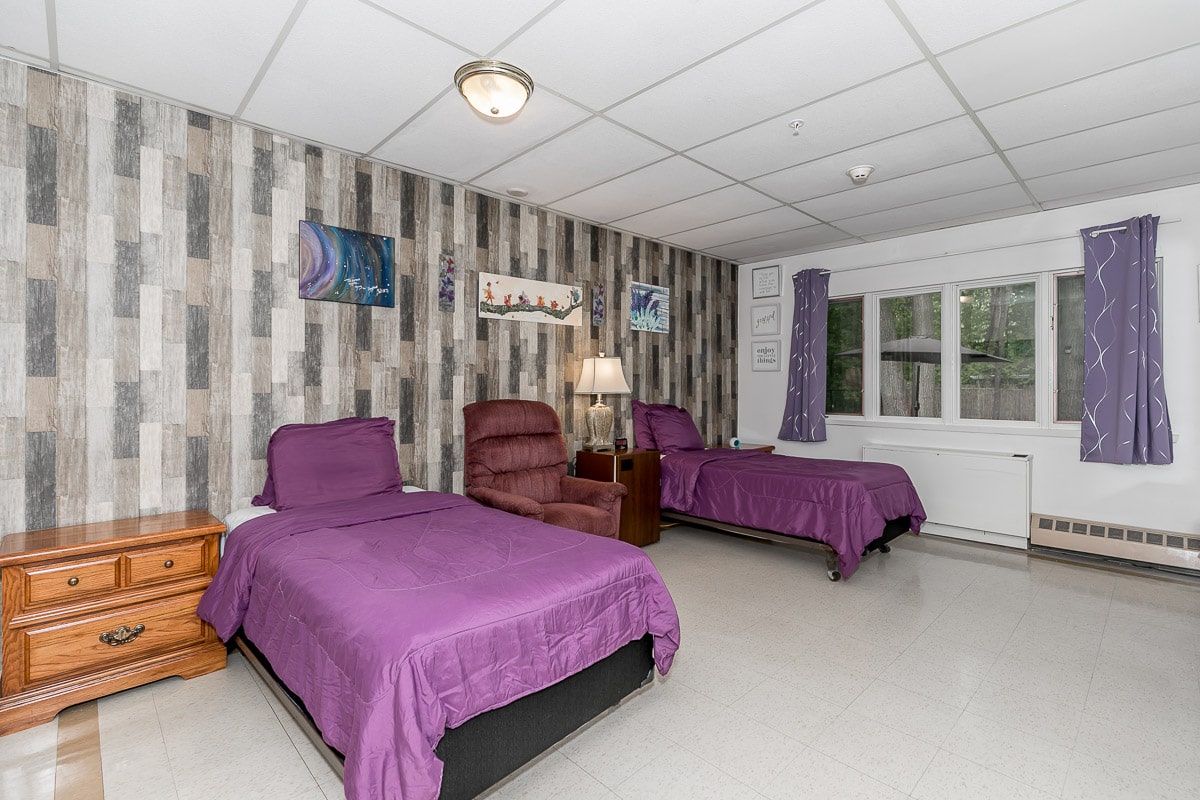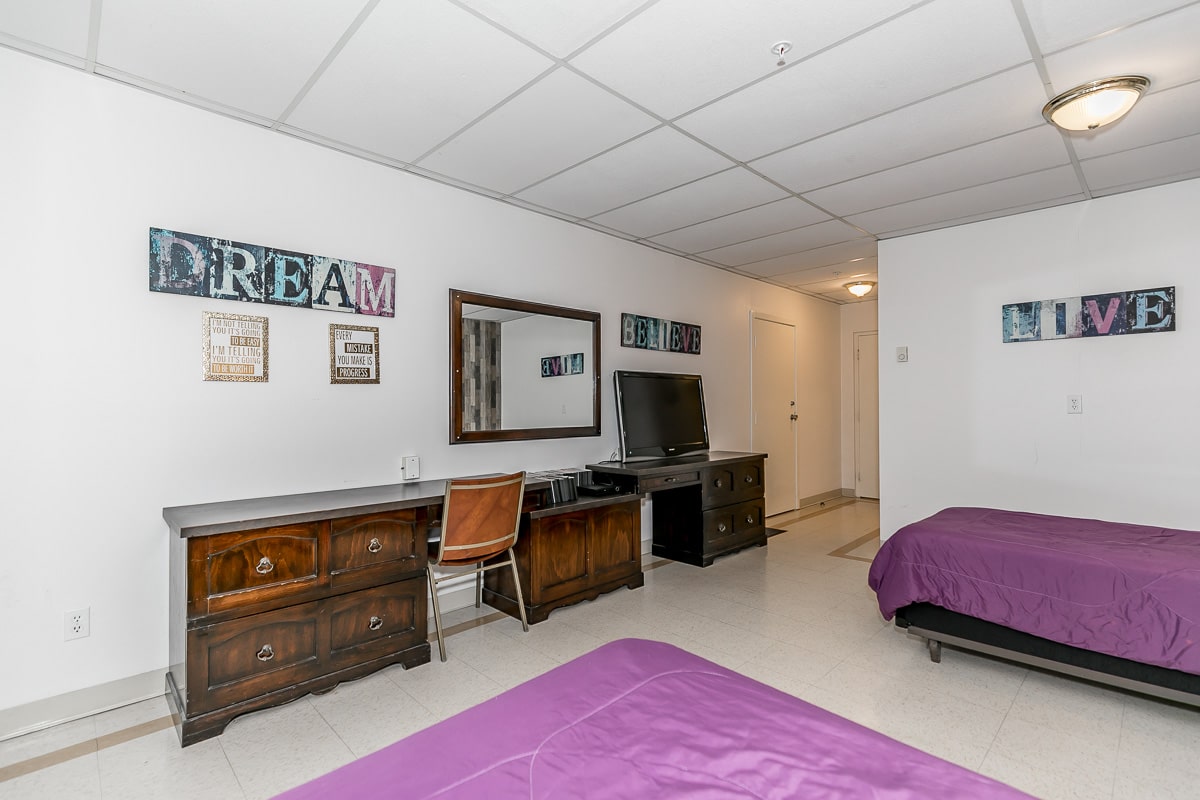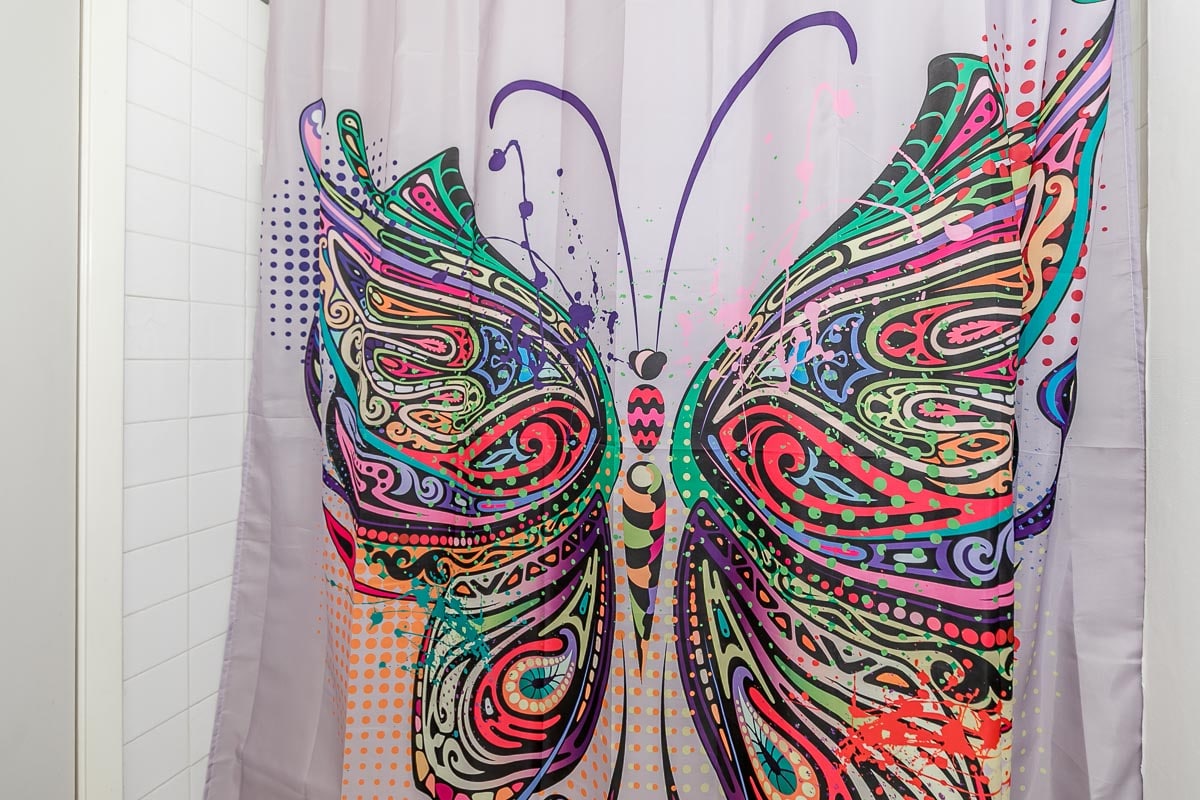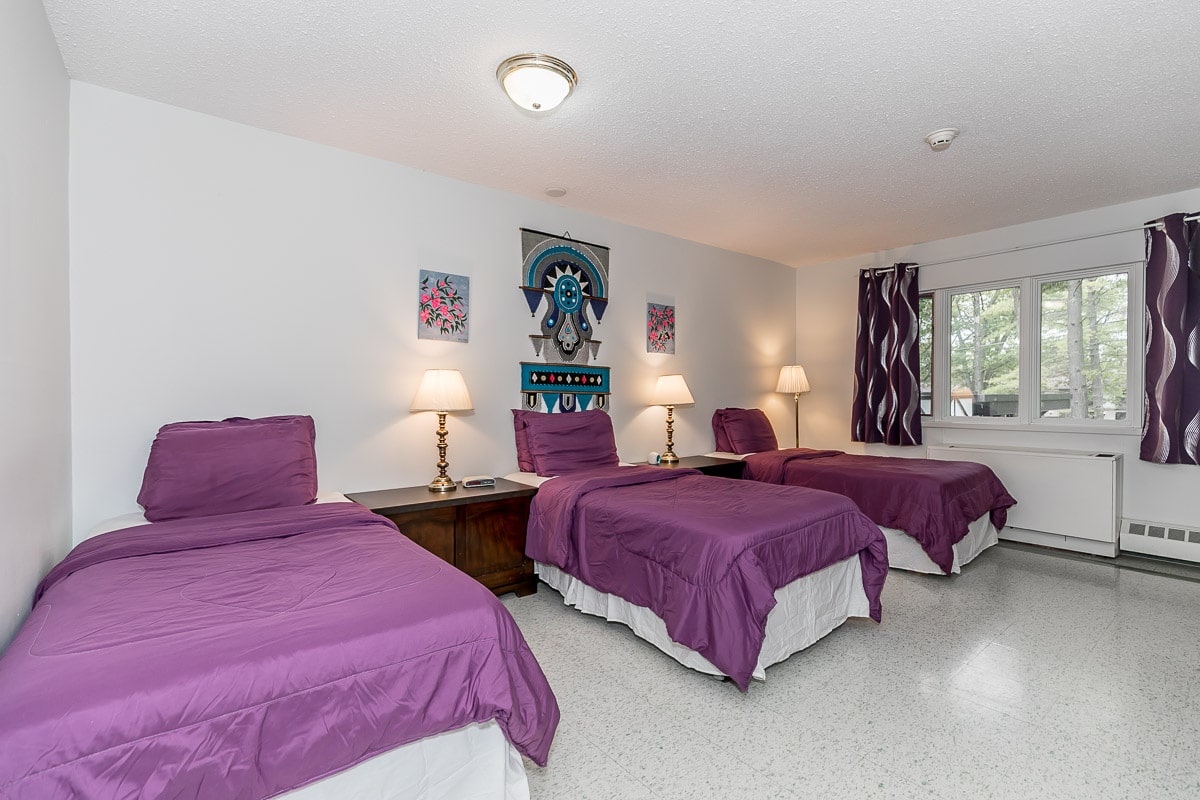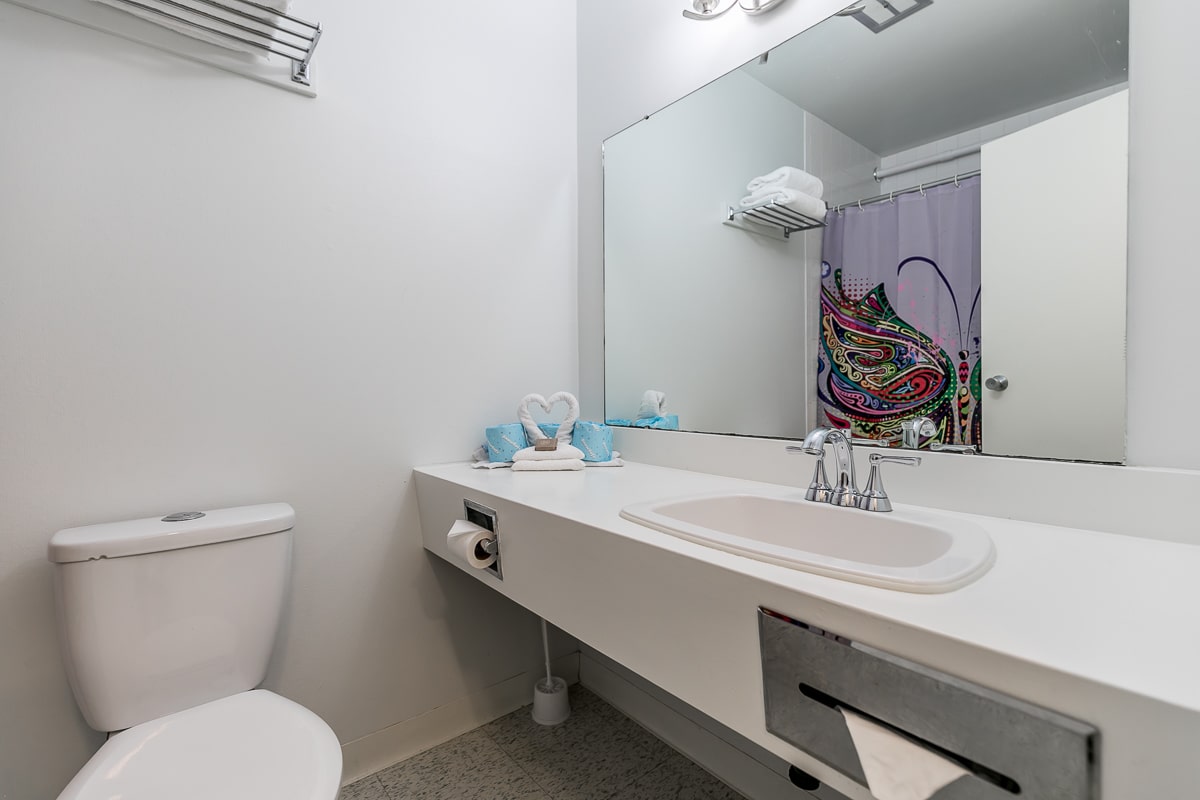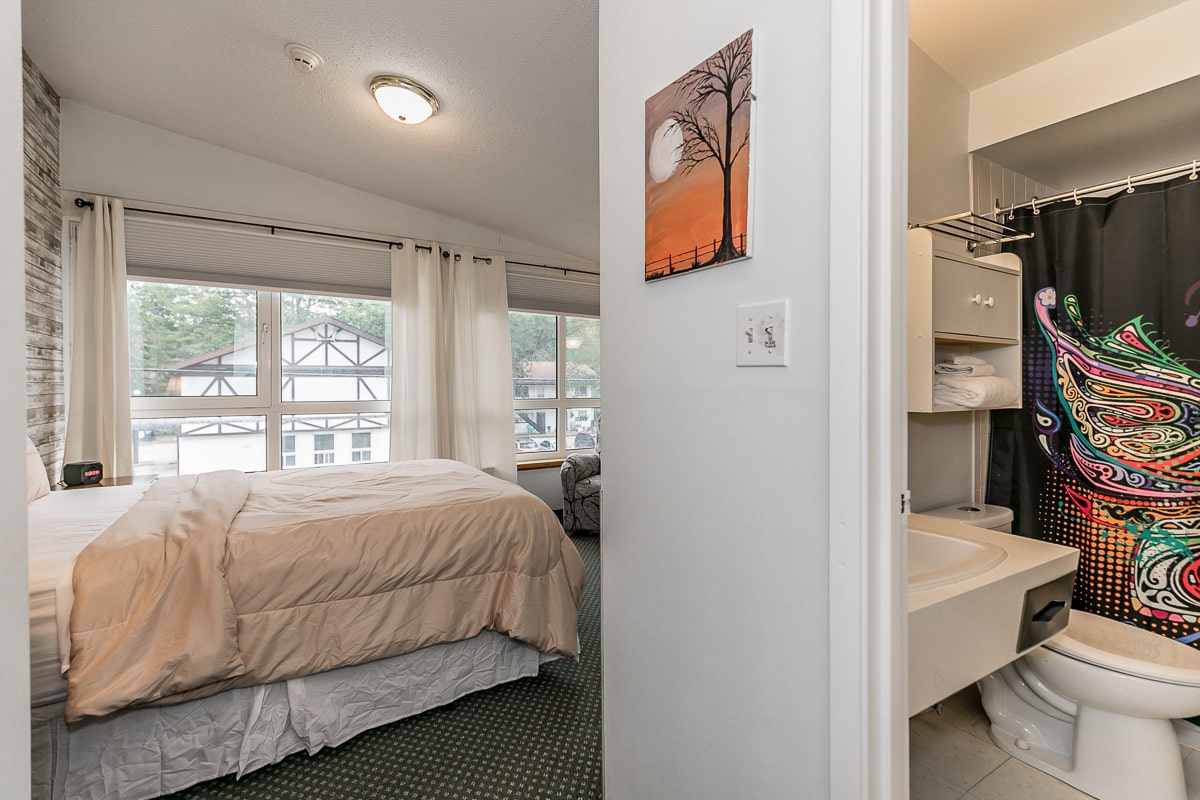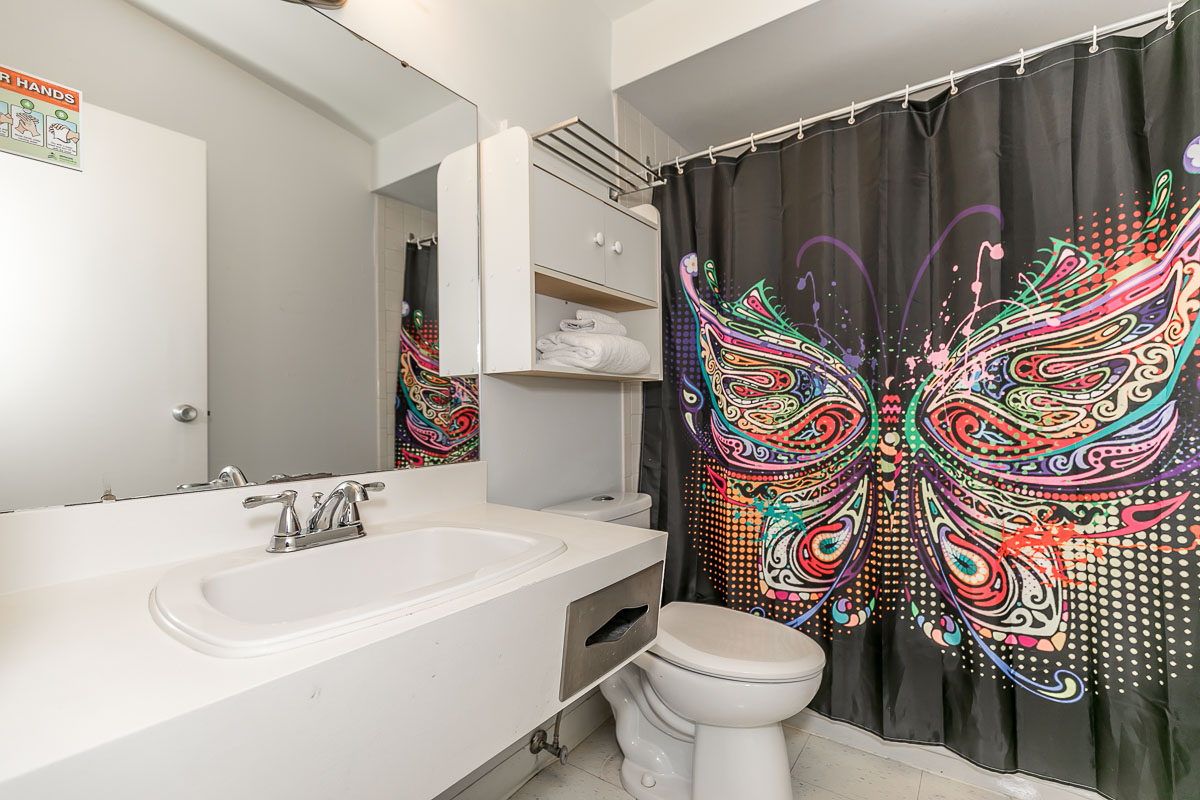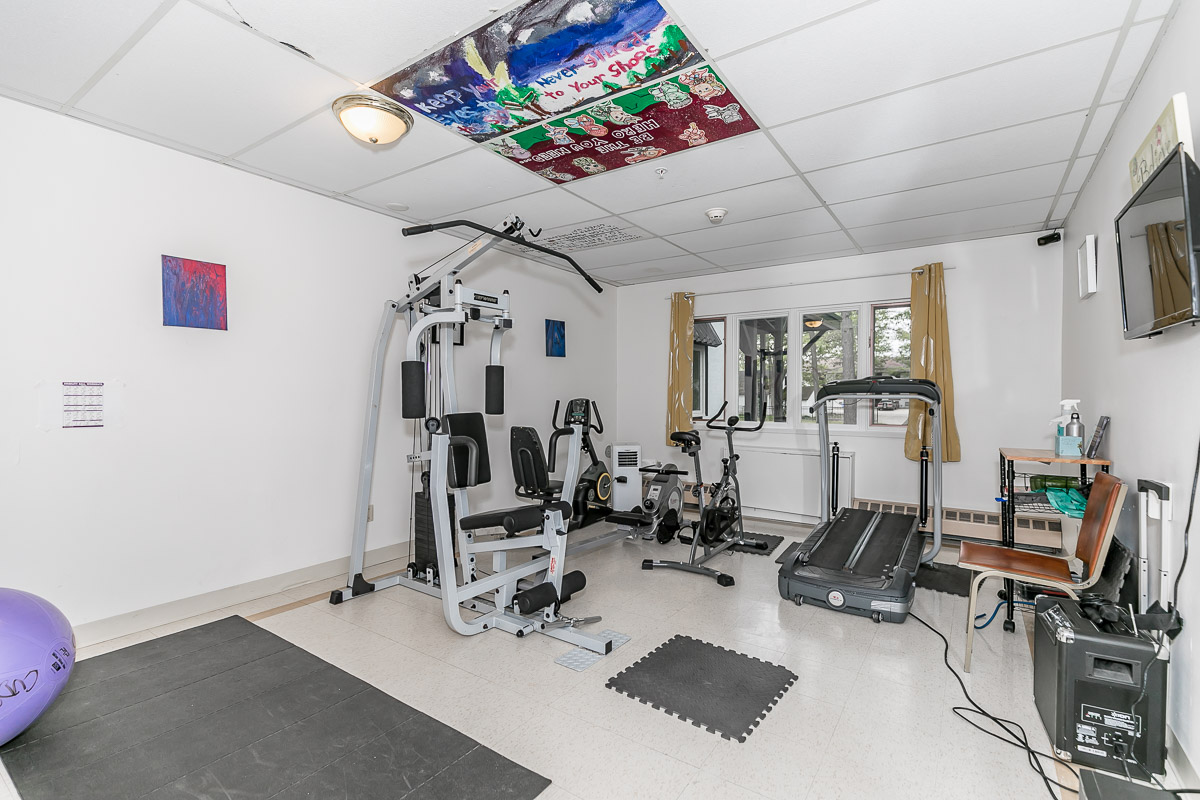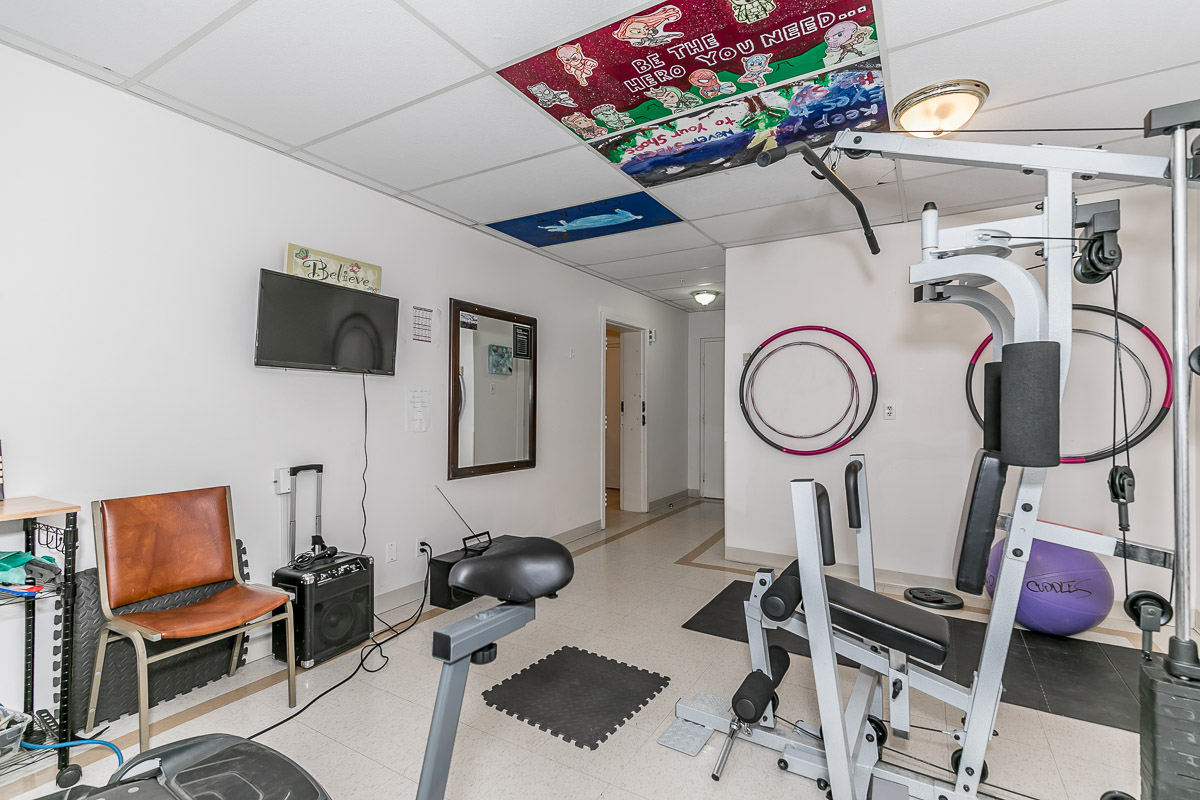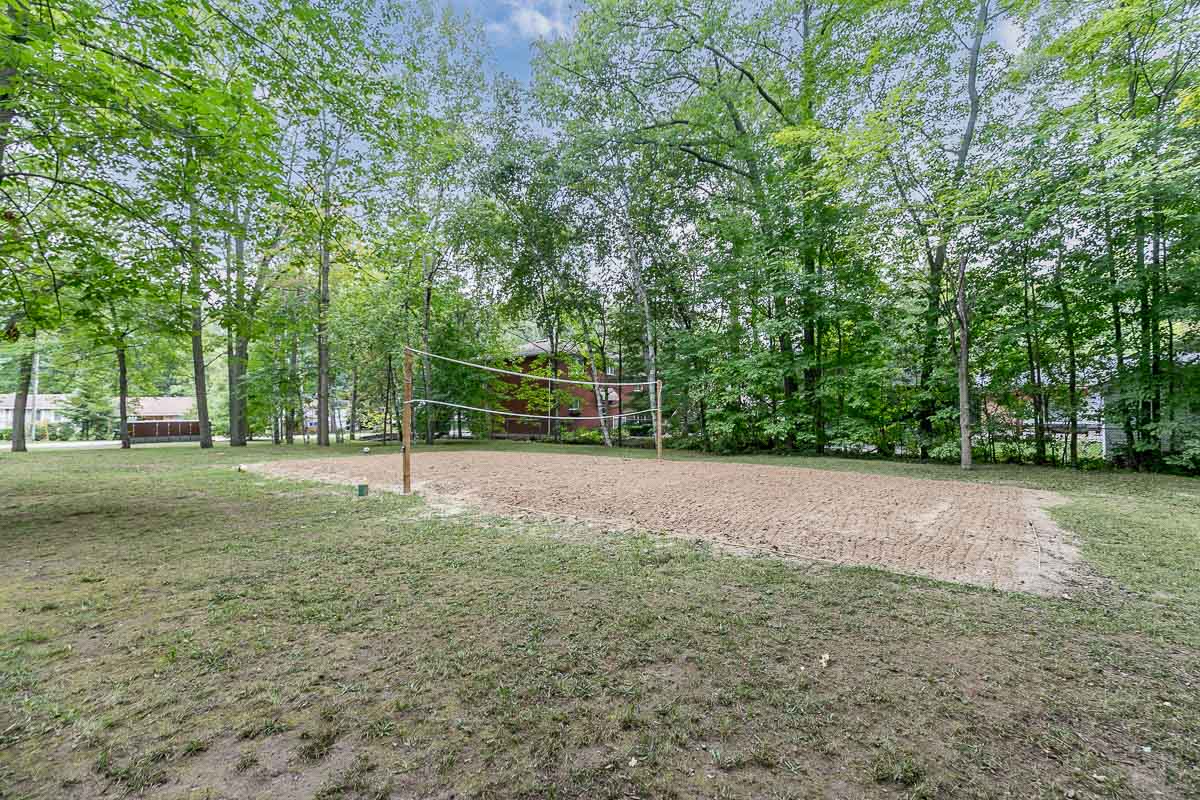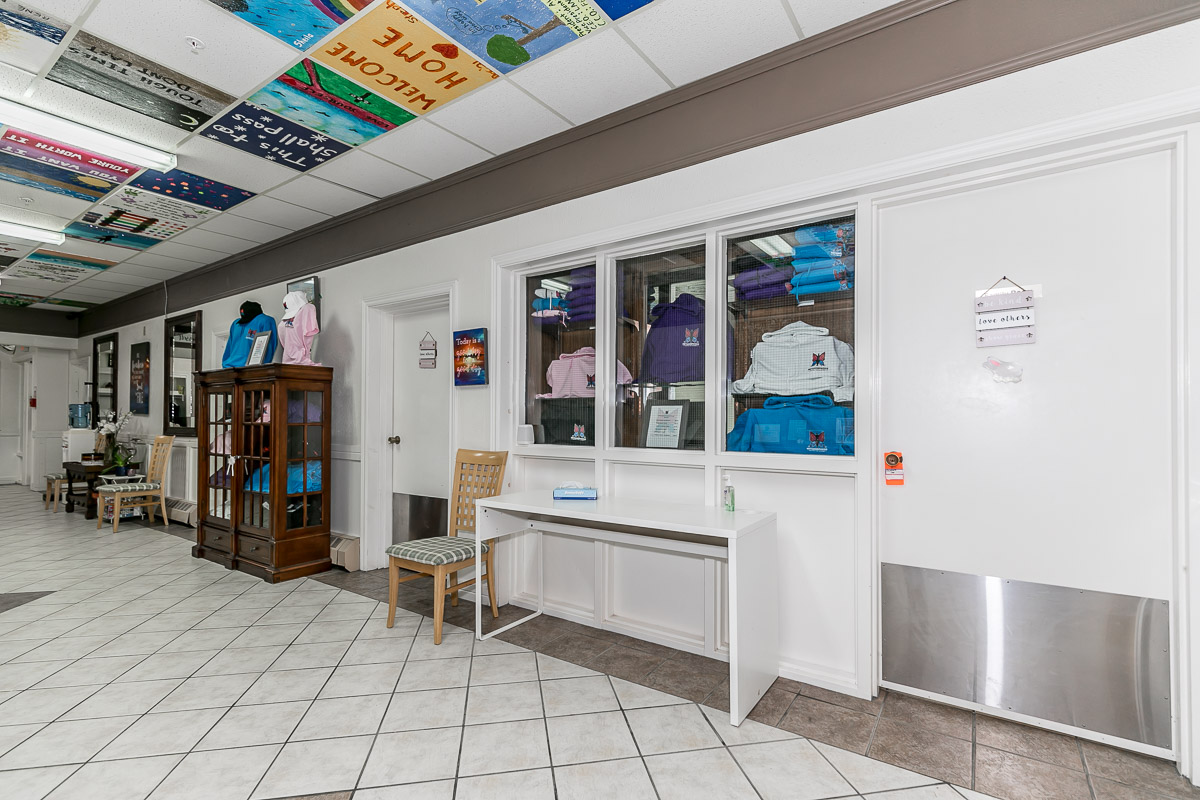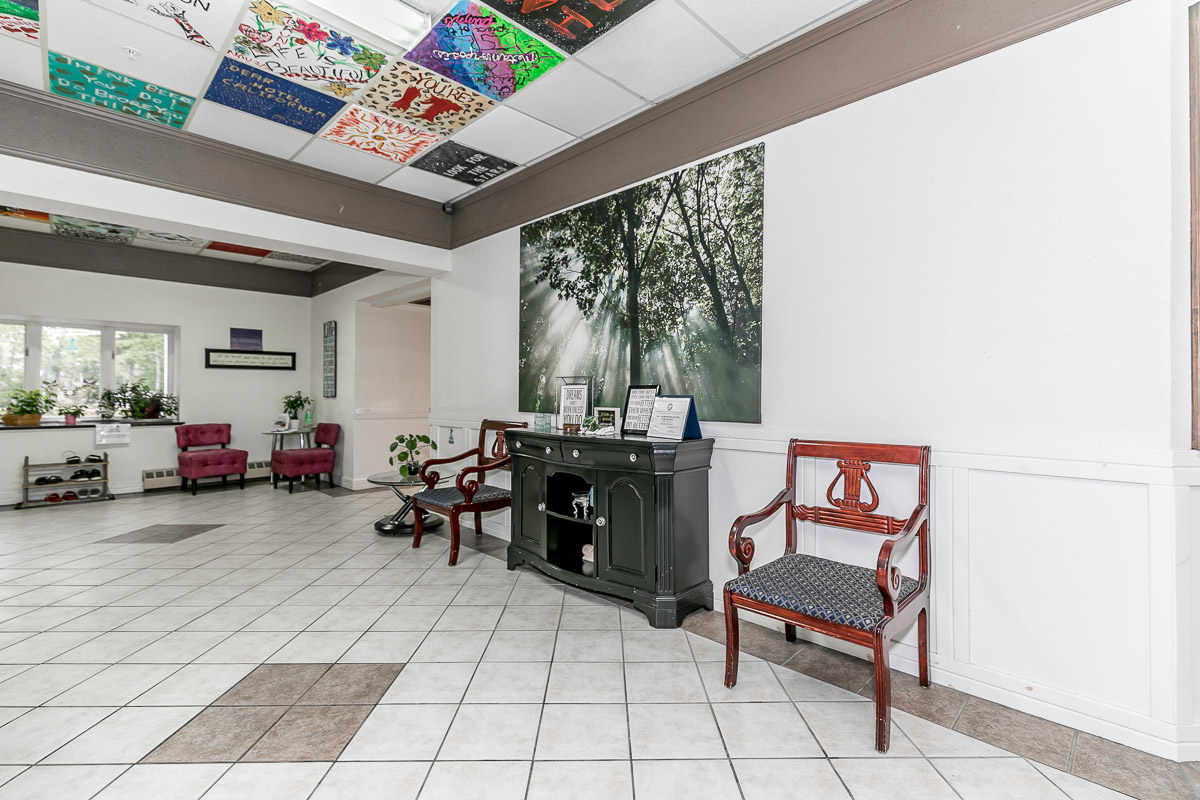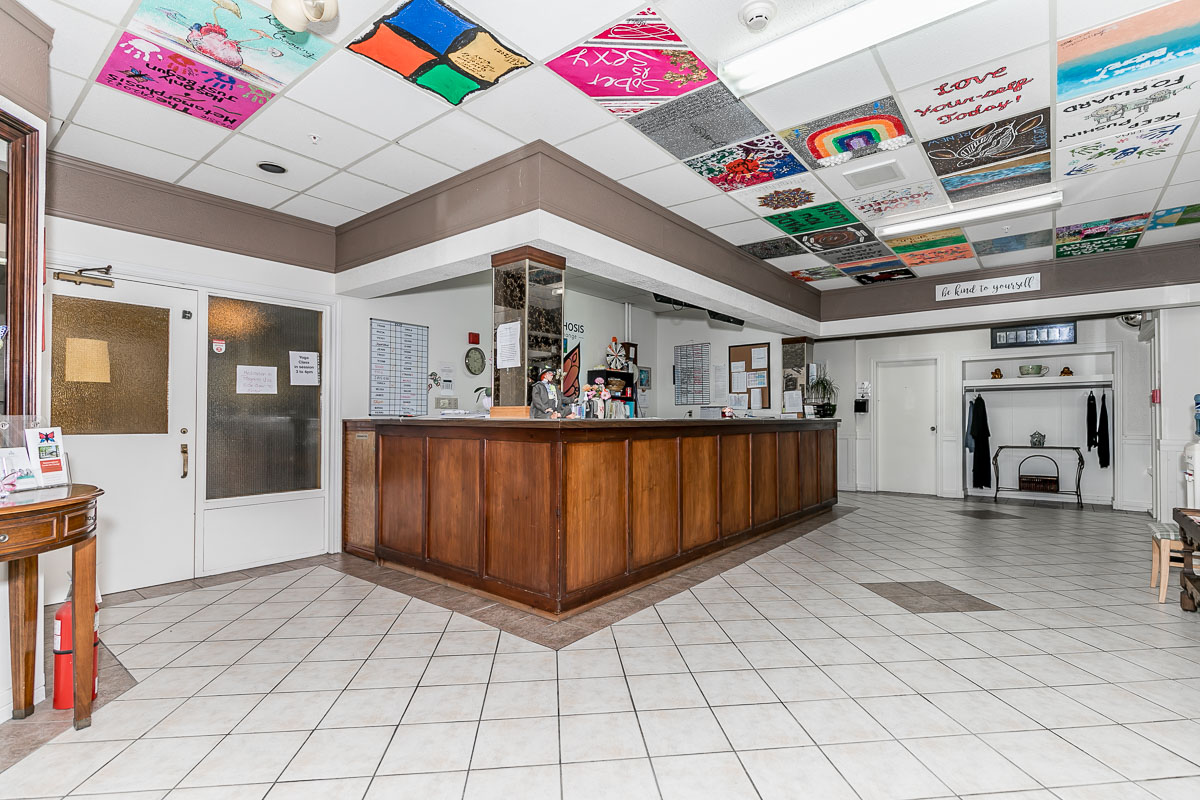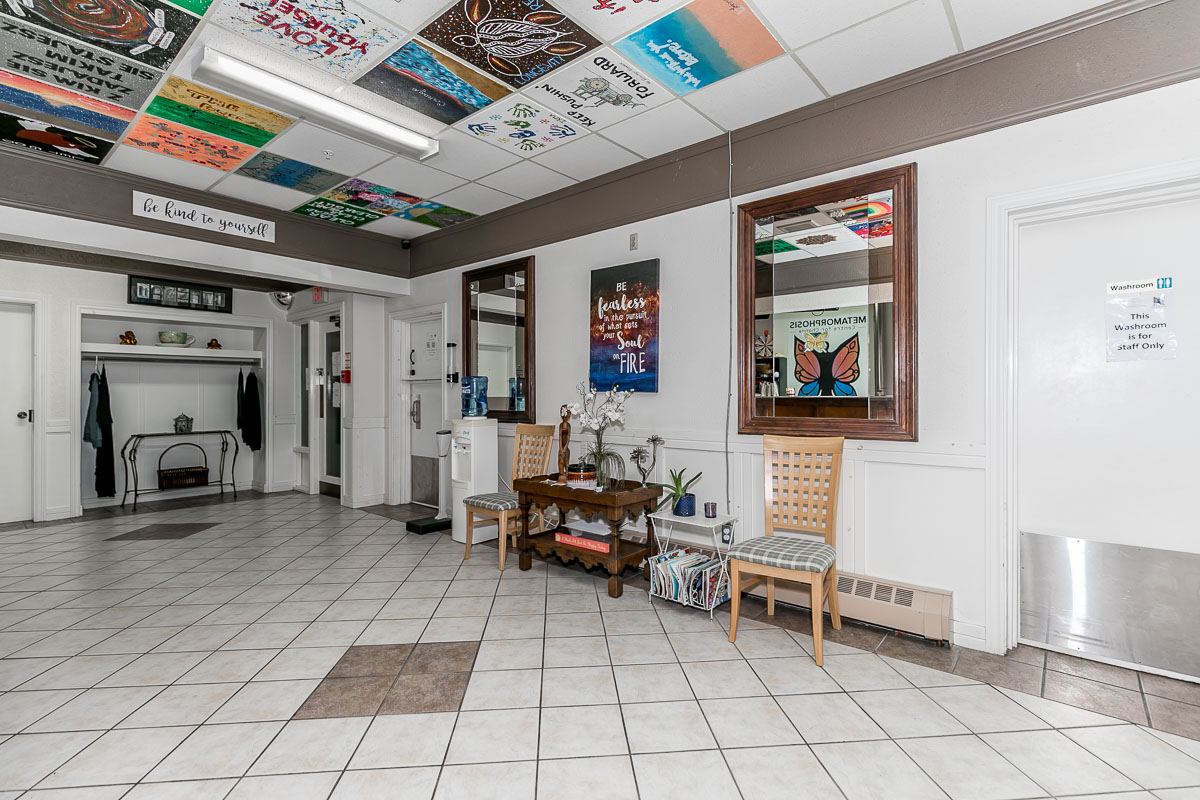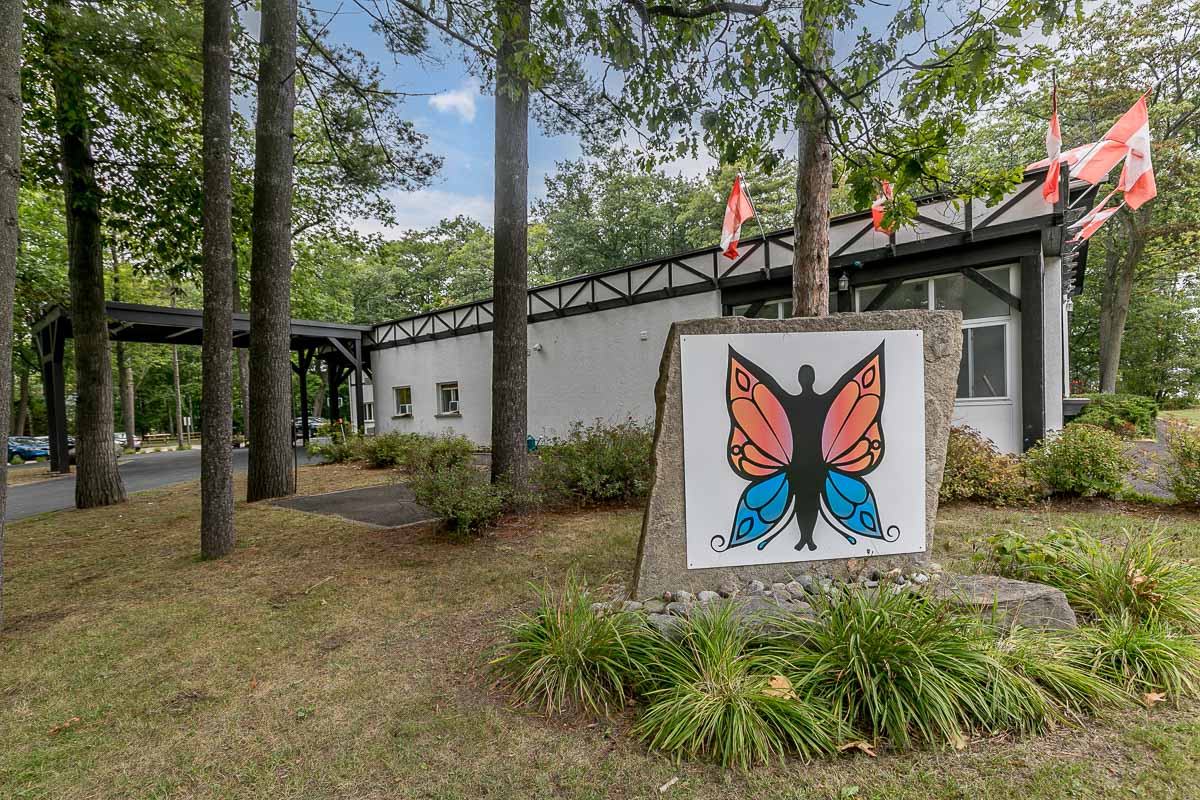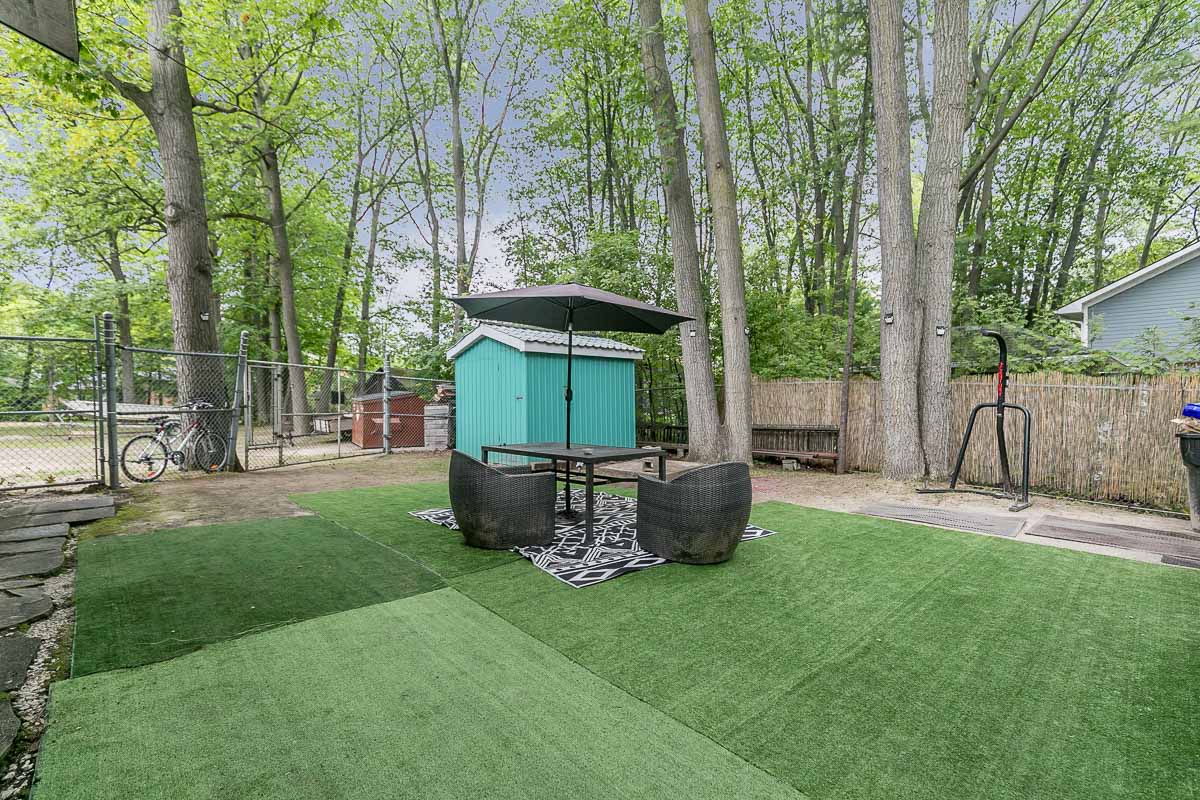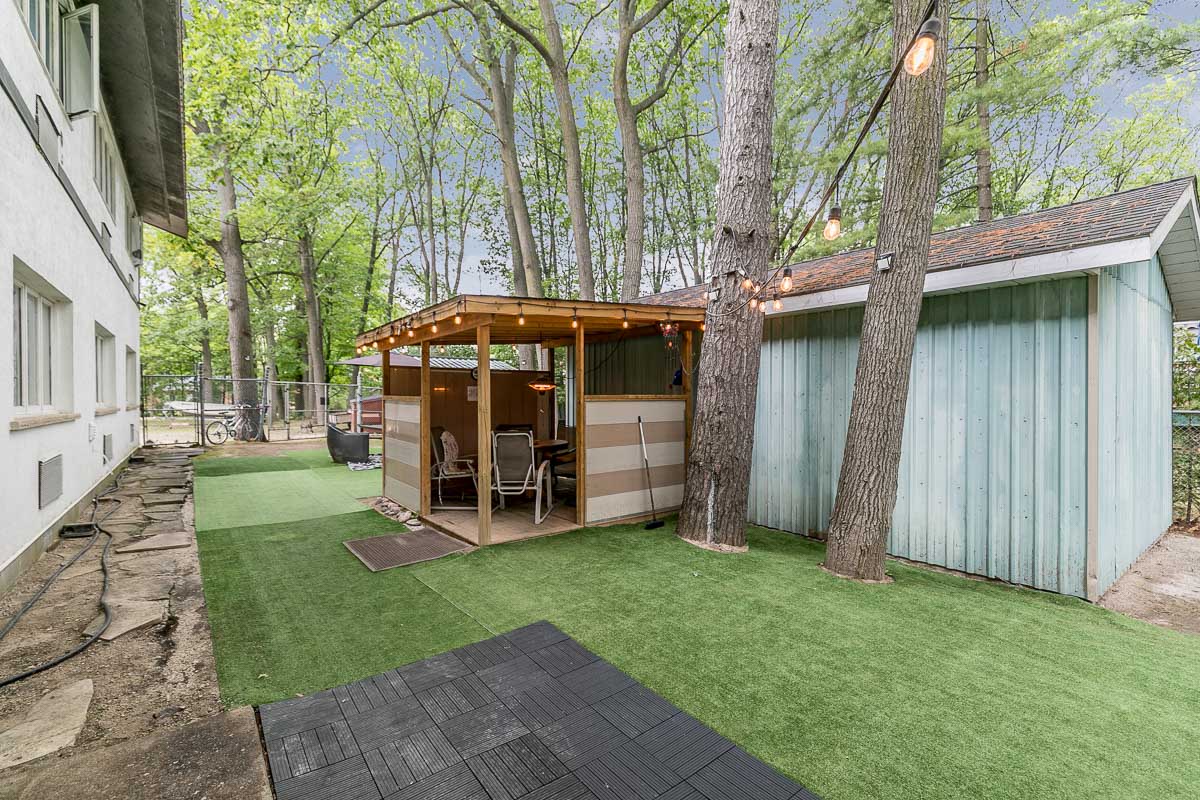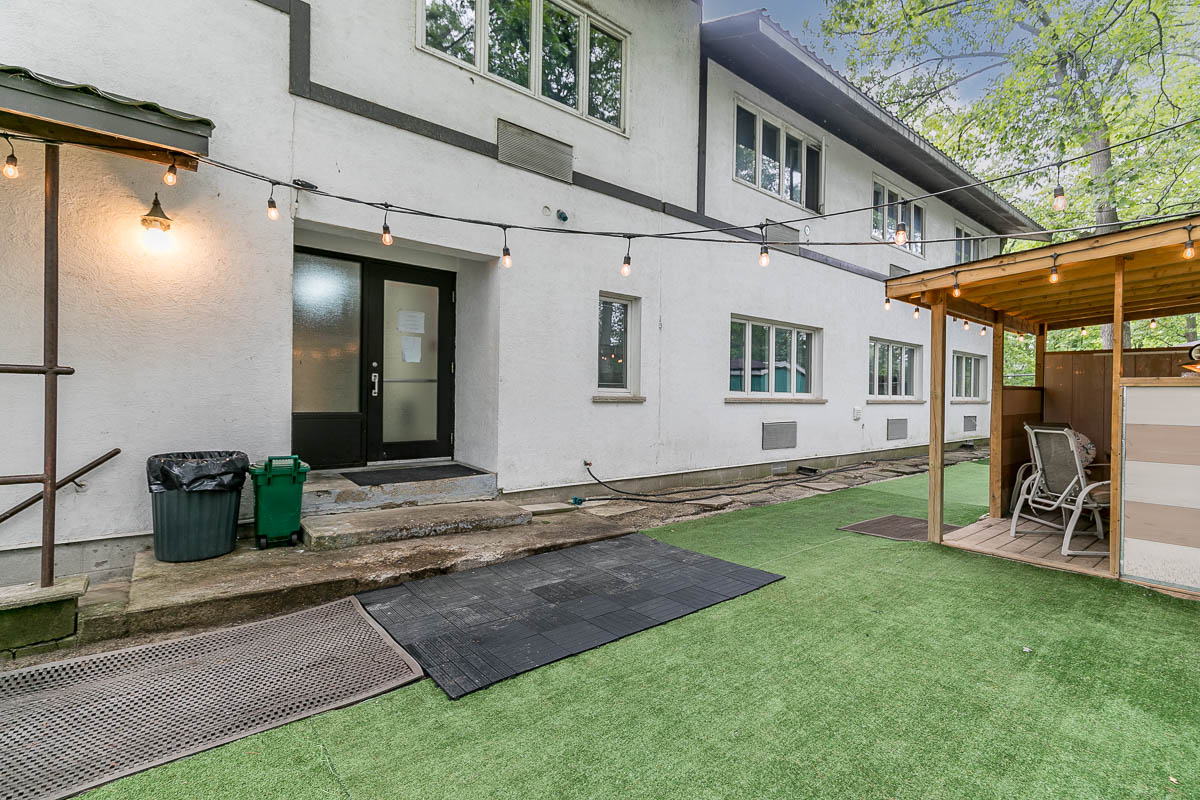Concurrent Disorders Treatment Program in Ontario
Co-Concurrent Disorder Treatment

A Co-Concurrent Disorder is categorized by an individual having a mental health disorder and substance abuse problem at the same time. This may be an individual who struggles with an anxiety disorder as well as a substance use disorder. For those suffering from co-occurring conditions, it is crucial to find Co-Concurrent Disorder treatment programs for the whole person through evidence-based practices.
Addictive behaviours are often tightly intertwined and overlap with mental health issues. Many people develop their substance abuse disorder as a coping mechanism to help manage their mental health symptoms through a form of self-medication. For instance, those with a mental illness such as an anxiety disorder may develop a drug and alcohol dependency as a way to help cope with anxiety attacks. For many, this may be keeping them from work or social situations. Many traditional addiction treatment programs, in reality, spend a disproportionate amount of time treating drug or alcohol addiction while those suffering from trauma, depression, anxiety disorder, and other behavioural concerns are left mostly untreated.
Co-Concurrent Disorder Treatment at Metamorphosis Centre for Change with Psychiatrists
Metamorphosis Centre for Change is one of the few residential Co-Concurrent Disorder treatment centers designed to treat mental illness in conjunction with substance use. We have two consulting psychiatrists on our team to help treat these dual issues. Co-Concurrent disorders are not on the sideline here, it is central to everything we do. We understand that mental illness often plays a key role in developing a co-occurring substance abuse disorder.
Our treatment center and programs are designed to address not only mental health problems like anxiety, depression, and post-traumatic stress disorder, but also substance use disorder, and the core issues driving those behaviours. We address the root causes early in treatment and support each resident with a dedicated and experienced staff member who can help create physical and emotional safety through empathetic, compassionate, and consistent treatment. Lastly, in combination with our carefully selected treatment services (psychotherapeutic, psychiatric treatment and integrative mindfulness therapies) we here at Metamorphosis provide the skills necessary to build a sober and healthy life. For any questions on concurrent disorder or comorbidity please contact us.
Individualized Treatment Plan
Your plan is developed around your very specific needs. There are no “treatment tracts,” which means your Co-Concurrent Disorder treatment plan is developed just for you after you arrive and will include the whole of your life, not just your diagnosis and addiction. It will account for your past and present and the many overlapping and intertwining symptoms that you are experiencing. While you are here, your progress is closely monitored and our team of professionals makes real-time adjustments based on your needs and your individual progress.
Key Program Elements
Psychotherapy

Support groups, behavioral therapies, and individual therapy work in harmony to unravel the tangle of thoughts, emotions, and feelings that you have been experiencing. The connection with our therapists becomes one of the most powerful healing relationships many have experienced.
The relationship with a therapist or mental health professional can be especially valuable to residents who may have struggled to form relationships in the past. For those whose diagnoses’ have made it difficult to form trusting relationships with family members, peers, or community-based organizations, this can be a very important part of adequate treatment. The foundation of a therapeutic environment at Metamorphosis Centre for Change is the nonjudgmental acceptance of yourself and the unwavering belief that you want something different for yourself.
Experiential Therapies
Our program takes full advantage of our beautiful location – we provide instructors for Tai Chi, Yoga and provide access to a fully functioning gym. We also offer art therapy, music and meditation therapy. These modalities are an important adjunct to our recovery community including group and individual therapies as they help create self-awareness, reduce impulsivity, improve focus and attention and develop problem-solving skills. Additionally, experiential therapies have an important effect on brain chemistry. This includes mood-enhancing benefits that can be very helpful with mental health treatment like depressive and anxiety disorders, as well as learning a healthier mode of expression. They also help to increase the motivation to be an active participant in our rehab programs, attend treatment, and at the same time enhance your life, which are necessary components for a successful recovery.
Neurotherapy
Our treatment facilities have programs shaped by the latest research in neuroscience. Every therapeutic modality we employ is informed by what we know about the brain. We support your healing through leveraging therapies that boost neuroplasticity – the brain’s ability to reorganize by forming new neural pathways. The building of new, healthy brain functions is particularly helpful to strengthen healthy self-perception, positive behaviour, social connection, and allow for true healing of both addiction and mental health challenges.
Mind/Body Integrative Therapies
Integrative therapies combine cognitive, behavioural, and physiological systems so that the “whole person,” is treated and not just your symptoms. Somatic experiencing, EMDR, equine therapy, outdoor adventure therapy, massage, and acupuncture, along with other integrative therapies are not adjunct treatments; each is a critical part of the clinical program.
We are always focused on you as an individual – by approaching your medical care and treatment options with a fluid range of approaches, we can help you attend to the myriad of co-occurring physical manifestations of anxiety, depression, PTSD, trauma, and substance abuse to continue moving you toward sobriety and health.
TAKE THE FIRST STEP TO TRUE HEALING.
Concurrent Disorders
Concurrent disorders describe a condition in which a person has both a mental illness and a substance use problem. This term is a general one, and refers to a wide range of mental illnesses and substance use disorders. For example, someone living with schizophrenia who also engages in problematic cannabis use has a concurrent disorder, as does an individual who lives with chronic depression and engages in problematic alcohol use. Treatment approaches for each case are subject to vary.
Another term for concurrent disorder is comorbidity. In the United States, the terms dual diagnosis, dual disorder, or mentally ill chemical abuser are used to refer to concurrent disorder.1 In Canada, dual diagnosis usually refers to someone with a mental disorder and a co-occurring developmental disability. (For more information, see Dual Diagnosis.)
It is challenging to determine conclusively how many people have a concurrent disorder because existing studies examine different populations and utilize differing screening tools. Furthermore, people with concurrent disorders are frequently misidentified, as the diagnosis can be more difficult because one disorder can mimic another. Relapse rates for substance use are higher for people with a concurrent mental disorder, as are the chances that symptoms of mental illness will return for those with a concurrent substance use problem. Depending on the setting, prevalence rates for concurrent disorders have been found to range from 20- 80 percent.2
What is known conclusively is that people with mental illness have much higher rates of addiction than people in the general population. Similarly, individuals with addiction have much higher rates of mental illness than people in the general population. One large US study found that approximately a third of people with a mental or alcohol disorder had a concurrent disorder, and half of the people with drug problems had a mental disorder. A smaller study in Edmonton, Alberta had similar findings which revealed the same type of results. In this study, almost a third of mentally ill individuals also had a substance use problem, almost a third of those with alcohol dependency also had a psychiatric diagnosis, and among illicit drug users, almost half had a mental illness. If you have any questions about concurrent disorder or comorbidity, please feel free to reach out!0
‘Faq
Concurrent disorder treatment is beneficial for individuals who have co-occurring mental health disorders and substance use disorders. Here’s who can benefit:
- Dual Diagnosis: Individuals diagnosed with both a mental health condition (like depression, anxiety, bipolar disorder, or PTSD) and a substance use disorder (such as alcoholism, drug addiction, etc.).
- Complex Symptomatology: Those who exhibit complex symptoms that require integrated care addressing both mental health and addiction to effectively manage their conditions.
- History of Treatment Resistance: Patients who have not responded well to standard treatments that address only one of the disorders can benefit from a more integrated approach that tackles both issues simultaneously.
- Severe Impairment: Individuals whose daily functioning is severely impaired by the combination of mental health issues and substance abuse might find that concurrent disorder treatment offers a pathway to recovery that single-focus treatments do not.
- High Risk of Relapse: Those who have experienced multiple relapses might benefit from this treatment, as it provides comprehensive strategies and support systems that address the intertwined nature of their disorders.
- Family and Loved Ones: Families of individuals with concurrent disorders can also benefit as these treatments often include family therapy and support, which can improve the entire family’s coping strategies.
Concurrent disorder treatment aims to improve the overall quality of life for affected individuals by providing holistic, tailored care that addresses all aspects of their health.
Concurrent disorder treatment employs a variety of therapeutic approaches tailored to address both mental health disorders and substance use disorders simultaneously. Here are some commonly used therapies:
- Cognitive Behavioral Therapy (CBT): Helps individuals identify and change negative thinking and behavior patterns. CBT is effective in treating a range of substance use and mental health disorders by focusing on the interconnections between thoughts, feelings, and behaviors.
- Dialectical Behavior Therapy (DBT): A form of CBT that includes methods for mindfulness and skills for managing emotions, interpersonal relations, and stress. DBT is particularly effective for individuals with borderline personality disorder or those who exhibit self-harming behaviors.
- Motivational Interviewing (MI): A client-centered, directive method for enhancing intrinsic motivation to change by exploring and resolving ambivalence. It’s particularly useful in treating substance use disorders.
- Integrated Group Therapy: Designed specifically for treating co-occurring disorders, this therapy combines substance abuse treatment with mental health treatment in a group setting, facilitating discussions that address both issues concurrently.
- Medication-Assisted Treatment (MAT): Involves the use of medications, in combination with counseling and behavioral therapies, to treat substance use disorders and support holistic recovery. This can also include medications to manage symptoms of mental health disorders.
- Family Therapy: This approach involves family members in the treatment process to improve communication, resolve conflicts, and adjust family dynamics that contribute to the cycle of substance abuse and mental health issues.
- Psychoeducation: Teaching individuals about their disorders, including triggers, health consequences, and coping strategies to manage symptoms effectively.
- Relapse Prevention Therapy: A strategy to help individuals recognize and manage relapse warning signs.
These therapies may be provided in various settings, including outpatient, inpatient, and residential treatment centers, depending on the severity of the individual’s conditions and their specific needs. Each treatment plan is highly personalized to offer the best outcomes for those with concurrent disorders.
The duration of concurrent disorder treatment can vary significantly depending on several factors, including the severity and nature of the disorders, the treatment setting, and the individual’s progress and specific needs. Here are some general guidelines:
- Outpatient Programs: These may last from several weeks to over a year. Individuals typically attend therapy sessions a few times a week, which allows them to maintain their daily responsibilities.
- Intensive Outpatient Programs (IOP): More rigorous than standard outpatient programs, IOPs usually require attendance at sessions several days per week, with each session lasting a few hours. These can last from 3 months to a year.
- Partial Hospitalization Programs (PHP): These programs may require attendance 5 to 7 days a week for several hours each day and usually last for 1 to 3 months.
- Residential Treatment: These programs provide 24-hour care and are intensive. Treatment length can range from a month to several months, depending on the individual’s progress and response to treatment.
- Long-term Residential Treatment: This option provides continuous support in a non-hospital setting and typically lasts from 6 months to a year or longer, especially in therapeutic communities.
The treatment length is often adjusted based on the patient’s progress, with the potential for stepping down to less intensive levels of care as their condition improves. Effective treatment for concurrent disorders is typically long-term and comprehensive, involving initial intensive treatment followed by ongoing management and support to prevent relapse and ensure sustained recovery.
When looking for a concurrent disorder treatment centre, it’s crucial to select a facility that can address both the mental health and substance use aspects of a client’s condition comprehensively. Here are key factors to consider:
- Integrated Treatment Approach: Look for centers that offer integrated treatment specifically designed to manage both mental health disorders and substance use disorders simultaneously. This approach should include a combination of therapies tailored to address the unique challenges of concurrent disorders.
- Accreditation and Licensing: Ensure the facility is accredited by a recognized health care accreditation body and licensed by local health authorities. This confirms that the center adheres to high standards of care and safety.
- Qualified Staff: The center should have a multidisciplinary team that includes psychiatrists, psychologists, addiction specialists, nurses, and social workers who are experienced in treating concurrent disorders.
- Personalized Treatment Plans: Effective treatment centers offer personalized treatment plans that are tailored to the individual’s specific needs and conditions. This should include a thorough initial assessment followed by a combination of pharmacological management, psychotherapy, and support services.
- Evidence-Based Therapies: Look for centers that utilize evidence-based therapies known to be effective for treating concurrent disorders, such as Cognitive Behavioral Therapy (CBT), Dialectical Behavior Therapy (DBT), motivational interviewing, and relapse prevention strategies.
- Family Involvement: Family can play a critical role in the recovery process. Centers that include family therapy and support can help improve outcomes by involving loved ones in the treatment process.
- Aftercare and Relapse Prevention: Check if the center provides comprehensive aftercare planning and support, such as ongoing therapy sessions, support groups, and relapse prevention education. This is crucial for maintaining long-term recovery.
- Cultural Competency: Ensure the treatment center is sensitive to and capable of addressing the cultural and specific needs of diverse populations.
- Facility Environment: The environment should be supportive and conducive to recovery, providing a safe and comfortable space that supports the well-being of its clients.
- Client Reviews and Outcomes: Research feedback from former clients if possible, and look into any data or reports the center might have about their treatment outcomes.
By carefully evaluating these aspects, you can better find a treatment center that offers the best chance for successful recovery from concurrent disorders.
The duration of concurrent disorder treatment can vary significantly depending on several factors, including the severity and nature of the disorders, the treatment
setting, and the individual’s progress and specific needs. Here are some general guidelines:
- Outpatient Programs: These may last from several weeks to over a year. Individuals typically attend therapy sessions a few times a week, which allows them to maintain their daily responsibilities.
- Intensive Outpatient Programs (IOP): More rigorous than standard outpatient programs, IOPs usually require attendance at sessions several days per week, with each session lasting a few hours. These can last from 3 months to a year.
- Partial Hospitalisation Programs (PHP): These programs may require attendance 5 to 7 days a week for several hours each day and usually last for 1 to 3 months.
- Residential Treatment: These programs provide 24-hour care and are intensive. Treatment length can range from a month to several months, depending on the individual’s progress and response to treatment.
- Long-term Residential Treatment: This option provides continuous support in a non-hospital setting and typically lasts from 6 months to a year or longer, especially in therapeutic communities.
The treatment length is often adjusted based on the patient’s progress, with the potential for stepping down to less intensive levels of care as their condition improves. Effective treatment for concurrent disorders is typically long-term and comprehensive, involving initial intensive treatment followed by ongoing management and support to prevent relapse and ensure sustained recovery.
How do I know if I need concurrent disorder treatment?
Determining whether you need concurrent disorder treatment typically involves assessing whether you have symptoms of both a mental health disorder and a substance use disorder. Here are some signs that concurrent disorder treatment might be necessary:
- Co-occurring Symptoms: Experiencing symptoms of a mental health disorder (such as anxiety, depression, mood swings, or hallucinations) along with substance use issues (like inability to control use, withdrawal symptoms, or using substances to cope with mental health symptoms).
- Impact on Daily Life: If your mental health and substance use are negatively impacting your ability to function in daily life, maintain relationships, work, or study.
- Unsuccessful Past Treatments: If previous treatments for either substance use or mental health issues have been unsuccessful, particularly if one condition was treated while the other was not.
- Increased Severity of Symptoms: When the use of substances worsens your mental health symptoms, or when mental health issues lead to increased substance use.
- Withdrawal and Mental Health: Experiencing worsening mental health symptoms when trying to quit or reduce substance use, or experiencing withdrawal symptoms that complicate mental health management.
If you suspect that you or someone you know might need treatment for concurrent disorders, it is important to seek an assessment from a healthcare provider who is experienced in diagnosing and treating both mental health and substance use disorders. They can provide a comprehensive evaluation and recommend an appropriate treatment plan.
